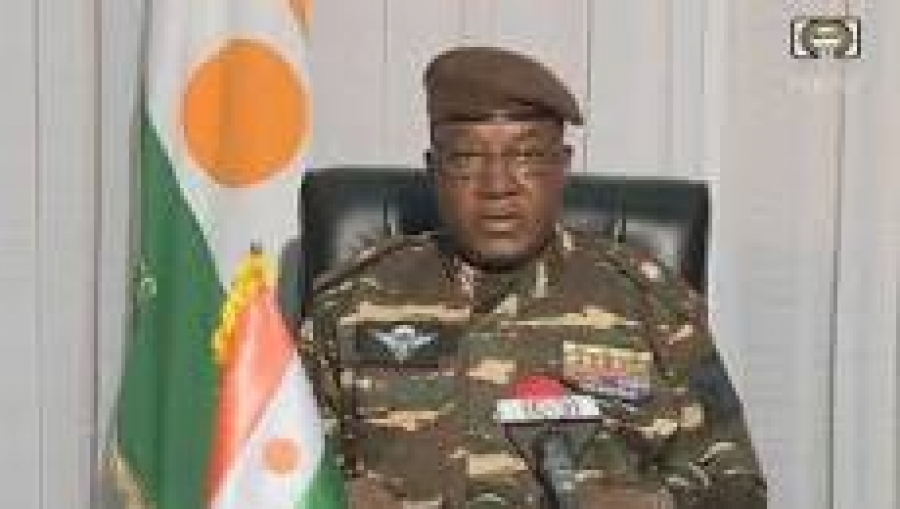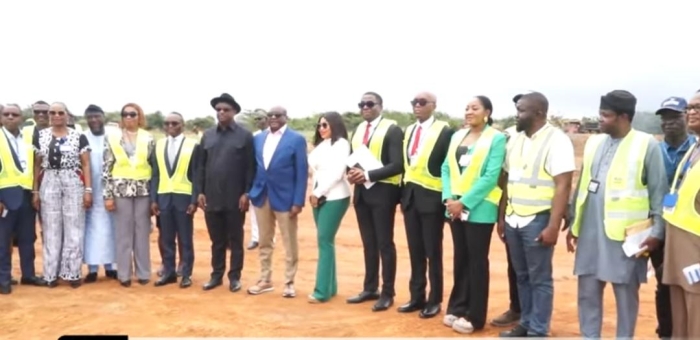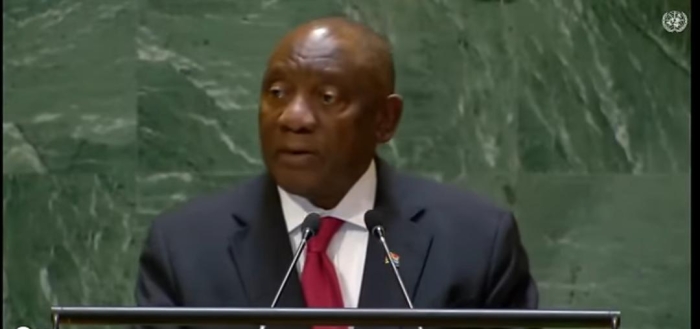General Abdourahmane Tiani, who was named the new head of state of Niger by the coup's leaders, arrives in Niamey, Niger, to meet with ministers. A new movement aspires to bring back President Bazoum, who was dismissed. Just before the regional meeting in Niger, there is a launch. Army leaders in Mali and Burkina Faso firmly support the regime, which has rejected diplomatic envoys. NIAMEY, A former rebel commander and politician in Niger has started a movement opposing the junta that seized control in a coup on July 26. This is the first indication of internal opposition to army rule in the strategically significant Sahel nation.
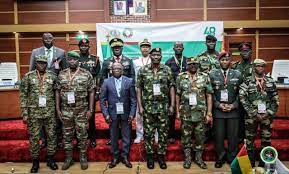
In a statement made public on Wednesday, Rhissa Ag Boula stated that the goal of his newly formed Council of Resistance for the Republic (CRR) was to restore former President Mohamed Bazoum, who has been held captive at his home since the coup. The statement claimed that those tasked with defending Niger were behind the disaster.
The launch comes as diplomatic attempts to overthrow the coup looked to be at a standstill after the junta rejected the most recent diplomatic mission and the army governments of Burkina Faso and Mali, two neighboring countries that support the armed takeover, appealed to the UN to forbid any military action. In response to demands to talk before a conference on Thursday where the leaders of the Economic Community of West African States (ECOWAS) would debate the use of force, the coup leaders in Niger on Tuesday refused access to African and U.N. envoys.
The CRR, according to Ag Boula's statement, supports ECOWAS and any other foreign players attempting to restore constitutional order in Niger, and it added that it will make itself accessible to the group for any helpful purposes.
Several Nigerien political personalities, according to a CRR member, have joined the organization but were unable to publicly declare their support due to safety concerns. In the 1990s and 2000s, Ag Boula was a key figure in Tuareg uprisings, a nomadic ethnic minority living in the desert north of Niger. He was absorbed into the administration under Bazoum and Mahamadou Issoufou, like many other ex-rebels. Ag Boula's comments may alarm the coup leaders given his popularity among Tuaregs, who dominate politics and trade in parts of the vast north, even though the level of support for the CRR is uncertain. In order to extend the junta's power outside of Niamey's municipal borders, Tuareg's support is essential.
The United Nations, Western countries, and democratic ECOWAS members like Nigeria call on the junta to restore the civilian administration that had been mostly effective in curbing a violent Islamist insurgency that was wreaking havoc in the Sahel area. The fact that Niger is the seventh-largest producer of uranium, the most popular nuclear energy fuel, increases the strategic significance of the country. ECOWAS members Mali and Burkina Faso, whose own juntas seized power in coups during the previous two years, have sworn to support Niger's new army rulers from any attempts to overthrow them violently.
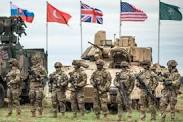
They urged the Security Council to stop any military action against Niger in a letter to the UN, arguing that such an action would have unanticipated effects such as the dissolution of ECOWAS, a humanitarian catastrophe, and a deterioration of the security situation. They asserted that they were dedicated to resolving disputes via diplomacy and dialogue and accused Western powers of using ECOWAS as a front to hide a hostile agenda towards Niger. The Niger junta has repeatedly rejected attempts by African, American, and United Nations envoys to negotiate with it despite these pledges from its friends, and the ruling generals have shown no hint that they are willing to make any concessions.
In one of the poorest nations in the world, the coup has already resulted in border and airspace bans that have cut off the supply of food and medicine. U.S. Secretary of State Antony Blinken reported speaking with Bazoum late on Tuesday to emphasize continuing attempts to settle the conflict peacefully. He sent a message on the social media website X, formerly known as Twitter, saying, "The United States reiterates our call for the immediate release of him and his family."
Bola Tinubu, the president of Nigeria and the head of ECOWAS, placed more sanctions on Niger on Tuesday in an effort to squeeze the takeover's participants and stated all alternatives remained on the table. According to ECOWAS, using force would only be a last choice. The heads of state will examine a potential military response plan that the bloc's defense chiefs have agreed upon during their summit on Thursday in Abuja, Nigeria.
The influence of Russia in the Sahel area, which Western nations worry might become stronger if the junta in Niger follows the pattern set by Mali by expelling Western soldiers and bringing in Wagner mercenaries, further complicates the political situation. Under agreements established with the now-removed government, Niger presently hosts soldiers from the United States, France, Germany, and Italy.


